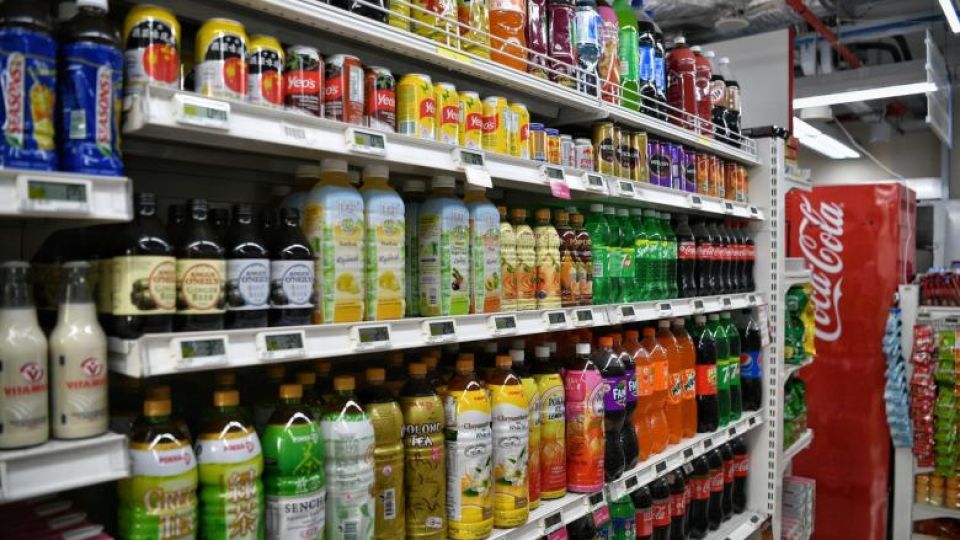December 31, 2021
SINGAPORE – From Dec 30, 2022, consumers will be able to easily check the nutrition value of pre-packaged drinks and those sold from automatic beverage dispensers, as new labelling regulations aimed at reducing Singaporeans’ sugar intake kick in.
Soft drinks, fruit juices and juice drinks, milk and yogurt drinks, and instant powdered beverages are among the products that will receive a “Nutri-Grade” rating, with grades ranging from A to D, with D being the unhealthiest, the Ministry of Health (MOH) said on Thursday (Dec 30).
The drinks will be required to carry a nutrition label specifying the energy value and amounts of protein, carbohydrate, fat, total sugar and saturated fat.
Retailers will also be largely banned from advertising D-grade drinks on all media platforms. These drinks can be advertised at points of sale, such as inside stores, but nowhere else.
Drinks graded C or D will also be required to carry the Nutri-Grade mark on the front of the packaging, or in a prominent manner if sold online, in a vending machine or from a dispenser.
MOH said the changes are intended to help consumers identify beverages that are higher in sugar and saturated fat, and make more informed, healthier choices; reduce the influence of advertising on consumer preferences; and spur industry reformulation.
The move to introduce the new requirements was first announced by the MOH in October 2019.
In making the decision, the ministry said it had considered feedback from the public, industry and expert stakeholders, and reviewed existing overseas and local evidence.
The MOH said high sugar intake is linked to increased risk of obesity and diabetes and there is no nutritional need for any sugar in a person’s diet, according to the World Health Organisation.
The ministry also noted that Singaporeans consume on average 60g or 12 teaspoons of sugar a day. More than half of this sugar comes from beverages, of which 64 per cent are pre-packaged, it added.
The regulations were published in the Government Gazette on Thursday and will come into force 12 months later.
The MOH said this will give the drinks industry more time to comply with the requirements and reformulate their products to increase the range and variety of healthier choices for Singaporeans.
Non-compliance with the new provisions will constitute an offence punishable with a fine not exceeding $1,000, once they come into effect. In the case of a second or subsequent conviction, the fine may go up to $2,000.


